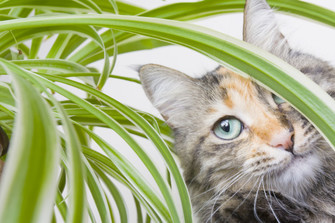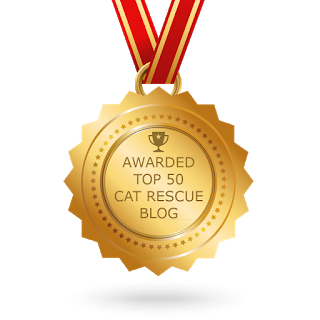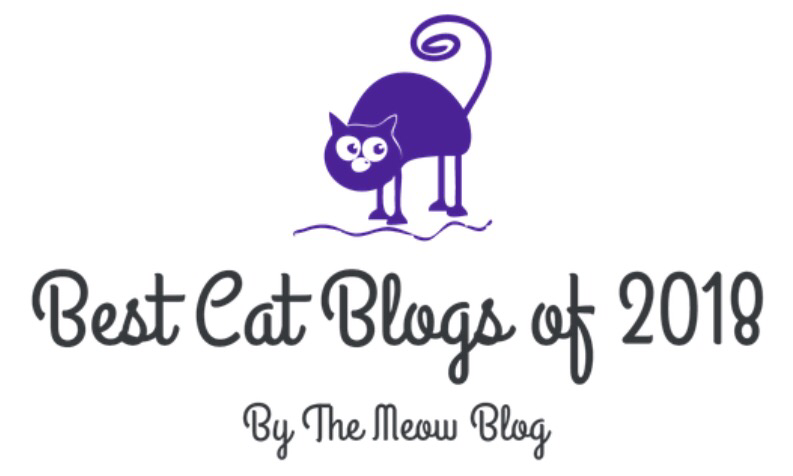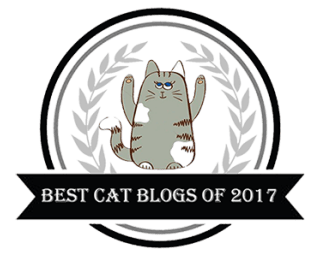
by Nomi Berger
As the expression goes, anything worth saying once bears repeating. And repeating. Especially when it involves what curious cats may be tempted to ingest. To prevent their natural curiosity from possibly killing them, ensure that certain foods, flowers and plants never pass your pussycat’s lips.
Forbidden Foods
Alcoholic beverages
They can cause intoxication, coma and death.
Bones from fish, meat and poultry
They can cause obstructions or lacerations of the digestive tract.
Canned tuna (for people)
Given on a regular basis, it can cause malnutrition as it lacks certain feline essentials. It may also contain mercury, which can be detrimental to a cat’s health.
Caffeine (from chocolate, coffee and tea)
This strong stimulant can affect the heart and nervous system, and can be toxic.
Chocolate
Besides caffeine, chocolate contains theobromine, a compound toxic to cats.
Citrus Oil Extracts
They can cause vomiting.
Dog Food
Intended for DOGS, repeated feedings may result in malnutrition and, worse, in heart disease.
Fat trimmings
Although tasty, they can cause pancreatitis and contribute to obesity.
Grapes and Raisins
Both (raisins are dried grapes) contain an unknown toxin that damages the kidneys.
Human vitamin supplements with iron
They can damage the lining of the digestive system and be toxic to such organs as the liver and kidneys.
Liver in large quantities
This can cause Vitamin A toxicity, which affects the muscles and bones.
Macadamia nuts
They contain an unknown toxin that can affect the digestive and nervous systems.
Milk and other dairy products
Contrary to popular belief, cats should NOT be given milk. Some adults lack an adequate amount of lactase, the enzyme that breaks down the lactose in milk, leading to diarrhea and gastrointestinal upset.
Mushrooms
Some contain toxins that affect multiple systems in the body, causing shock and often death.
Onions and Garlic (raw, cooked or powder)
Both contain sulfoxides and disulfides that can damage red blood cells and cause anemia.
Persimmons
Their seeds can cause intestinal obstruction and enteritis.
Potatoes, rhubarb and tomatoes (red and green, including leaves and stems)
Members of the plant family that includes the deadly nightshade, their poisonous alkaloid, Glycoalkaloid Solanine, causes violent, lower gastrointestinal problems.
Raw eggs
Besides possible salmonella, they contain avidin, an enzyme that decreases the absorption of biotin (a B vitamin), which can cause skin and coat problems.
Raw fish
Ingestion can result in a thiamine deficiency causing appetite loss, seizures and death.
Salt
If lapped up in large amounts, it may lead to electrolyte imbalances.
Sugar-rich foods
They can lead to dental problems, obesity and diabetes mellitus.
Tobacco
Ingested nicotine can result in rapid heart beat, collapse, coma and death.
Yeast dough
It can expand and produce gas in the digestive system, causing pain and rupturing of the stomach or intestines.
Poisonous Plants
Amaryllis: vomiting and diarrhea.
Azalea: lack of coordination, trembling and collapse.
Cactus: skin punctures, leading to infection.
Caladium: nausea, vomiting, diarrhea, head shaking and difficulty breathing.
Creeping Charlie: vomiting, diarrhea, stomach pain and cramps.
Lilies: kidney failure.
Dieffenbachia: central nervous system problems.
Ivy: vomiting, diarrhea and excitable behavior.
Mistletoe: vomiting, diarrhea, blistering in the mouth and difficulty breathing.
Philodendron: nausea, vomiting, diarrhea, head shaking and difficulty breathing.
Poinsettia: vomiting, diarrhea, blistering in the mouth and difficulty breathing
If you think your cat has been poisoned, promptly contact your vet or call the ASPCA National Animal Poison Control Center at 1-900-443-0000 or 1-888-426-4435.









 RSS Feed
RSS Feed